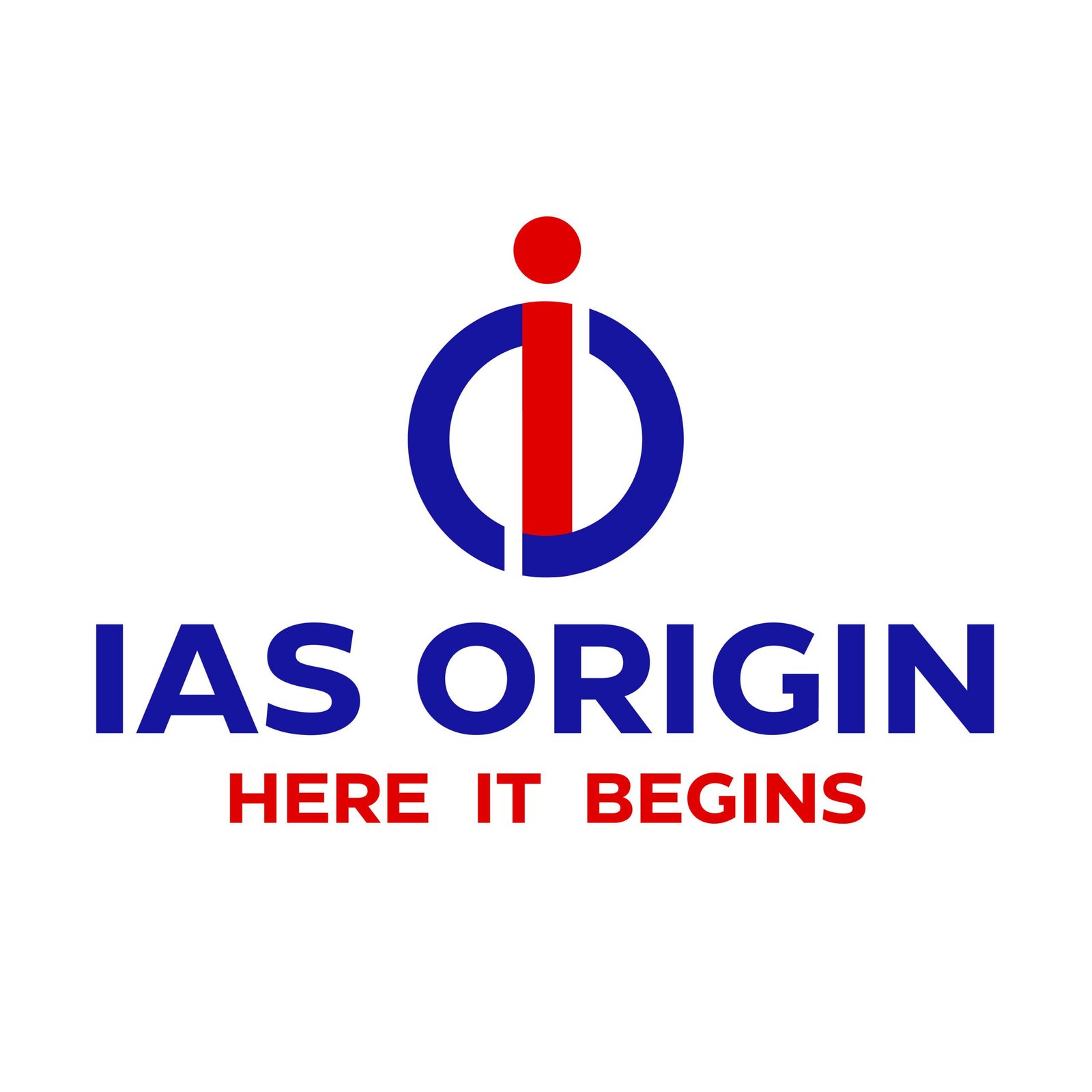Are NCERTs Compulsory? Can I Skip Them?
Whenever a candidate starts preparing for UPSC Civil Services, they are insisted to read and go through the NCERT Books. But the question arises here is that, are NCERT books so compulsory that without them there cannot be any strong base? Or any other substitution is available so that I can skip the NCERTs?
Here we will clear out all your doubts, just stick to the blog to have full knowledge.
So let us start.
NCERT books offer a great resource of knowledge to UPSC Civil Services candidates. From Class VI to XII, they contain detailed information on various topics that are presented in an easy and straightforward way. Not only is the content comprehensive, but it is also reliable, making NCERT books the perfect choice for your UPSC preparation. Whether you are studying for prelims or the mains examination, NCERT textbooks can be extremely useful if you want to strengthen your concepts and get an edge over the competition.
Why NCERT books are so important?
Given the UPSC Civil Services exam, NCERTs are written in simple language and cover the basics of geography and history that are essential for both the prelims and mains paper. At least 35-40 preliminary questions come from the NCERTs each year, making it an ideal book to read for multiple stages of the exam. For further depth on topics, aspirants can look at Geography NCERTs from classes 11 and 12 as well as History NCERT from classes 10 and 11 for targeted main answer writing practice. The tone and language of these books should be adopted in one’s writing style to ace the UPSC Civil Services examination.
What to read and How to read the NCERTs
For conquering any examination, a strong base is a must. And NCERT makes a very strong base if read carefully and with full understanding. But you don’t have to mug up the whole book!
Here are the tip and tricks you can follow to know how and what to read in NCERTs.
What to Read?
It is important to have clarity on what topics must be studied from the NCERT books. The following topics are generally covered in the exam
- Indian Economy: Agriculture, Industry, Infrastructure, and energy.
- Ancient and Medieval Indian History: Relevant sections from class 6th-12th history textbooks should be read carefully.
- Modern Indian History: This includes both the Colonial Period as well as Post Independence of India such as the Freedom Struggle, Industrial Revolution, Economic Reforms, etc.
For each of these sections, it is important that relevant chapters are studied thoroughly so that all concepts related to them are clear. For example, if you are studying ‘Industry’ then make sure that you cover all chapters related to this topic like Foreign Investment and Diaspora, Public Sector Enterprises, Issues relating to competition, etc.
How to Read?
Once you know what topics must be studied from the NCERTs, it’s time for you to start reading! Here are some tips on how one should go about it:
- Read every line carefully – It is important that while reading each chapter you pay attention to each sentence written in the book as they may contain hints which can be used when writing answers in exams or during interviews during the mains/interview stage of the civil services exam.
- Underline important points – While reading try underlining those points which seem most relevant or important for you so that later when going through the revision process it becomes easier for you to remember those concepts.
- Make Notes – Make notes while reading each chapter so that it becomes easier for you later when revising or preparing notes. These notes will also come in handy during the mains/interview stage of the civil services exam.
- Ask Questions– Asking questions while reading can help clarify a lot of doubts which may arise during your understanding process. This will also help strengthen your knowledge base related to a particular topic.
NCERTs are good for making a foundation strong, but as you get along with your preparations, take help from specified booklets for specific subjects.
At The Exam Company, you can find good study material regarding your exam.
So what are you waiting for now?
By following above mentioned tips one can ensure efficient preparation using these essential textbooks. Go ahead and start your preparation today!
